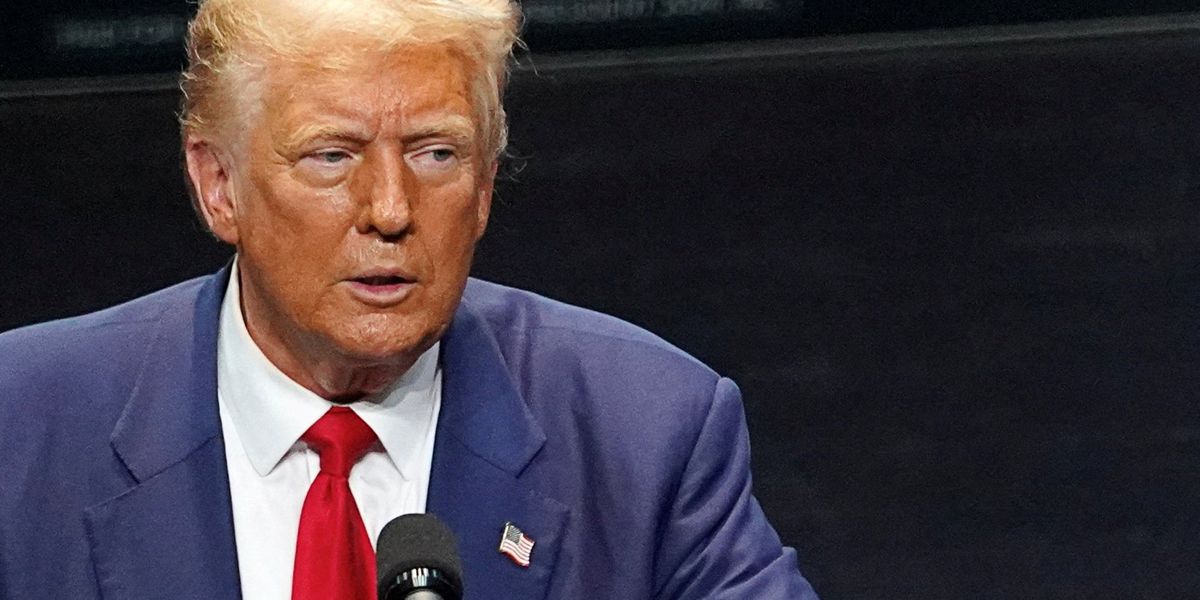ARTICLE AD BOX

Donald Trump's plan to impose gigantic new tariffs on Mexico, Canada, and China could theoretically draw the ire of Congress or the Supreme Court — but there's a lesser-known group that might have the power to force Trump to back down, wrote Ryan Teague Beckwith for MSNBC on Friday: the holders of U.S. Treasury bonds.
This was highlighted recently, Beckwith noted, by Wall Street analyst Ed Yardeni, who "cautioned that investors in U.S. bonds could play a critical role in forcing the incoming Trump administration to back down from its plans for an all-out trade war with everyone from China to Mexico and Canada. Reviving a term he first coined in the 1980s, Yardeni warned that 'bond vigilantes' could take action if Trump's plans go too far."
The basic idea is that, as has happened in certain other cases in the past, U.S. bond investors could dump their holdings in reaction to what they perceive as an adverse economic policy that will harm the U.S. economy.
ALSO READ: Trump's failure and the next pandemic
A bunch of traders dropping 10-year bonds "may not sound dramatic, but it can have huge effects, raising the costs of government borrowing and even forcing the Federal Reserve to change course," wrote Beckwith. Bill Clinton had to keep bond traders in mind as he was crafting his deficit reduction plan in the 1990s, he noted, and the phenomenon also happens in other countries: when former British Prime Minister Liz Truss "announced a package of energy subsidies and tax cuts that would be paid for by raising deficits, investors in British government bonds rebelled, causing interest rates to rise and hurting the pound. Truss' party revolted, and she was forced to resign after just a few months in office, famously outlasted by a slowly rotting head of lettuce."
Bond traders are just one of the many more subtle checks on a president's power, he wrote — for example, civil rights lawyers and judges are likely to push back on Trump's mass deportation schemes, while his plans to downsize the federal government will face opposition from public sector unions and special interest groups whose private businesses rely on government spending.
"Trump has grand plans to remake America. He will succeed in some and fail at others. But in all of them he will face a rule of politics as ironclad as Newton's third law of motion: Every action he takes will have an equal and opposite reaction somewhere else," Beckwith concluded. "The first response to watch may very well be from vigilante bond traders. But there will be others to come, and often from equally unlikely quarters."
.png)
 2 hours ago
2
2 hours ago
2








 English (US)
English (US)